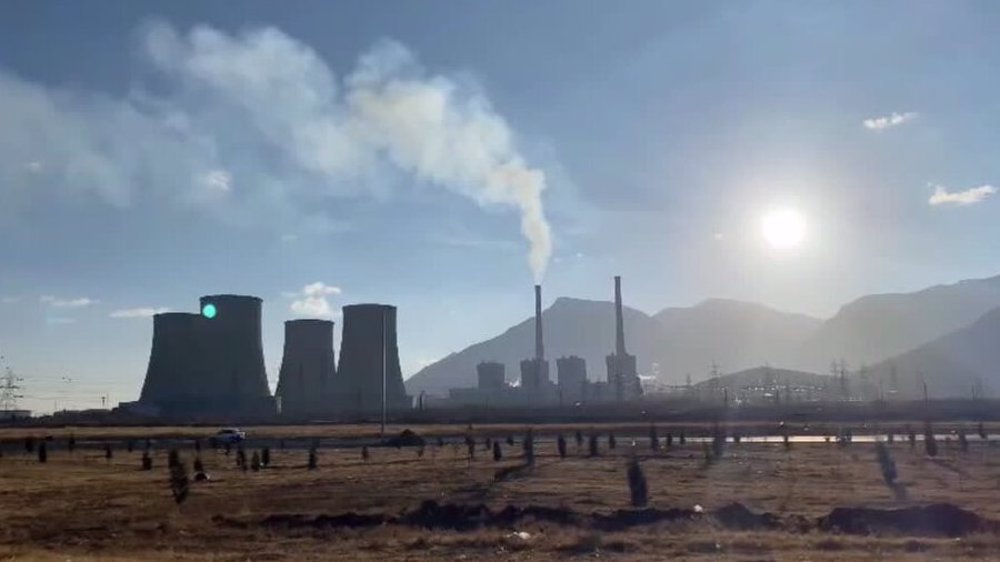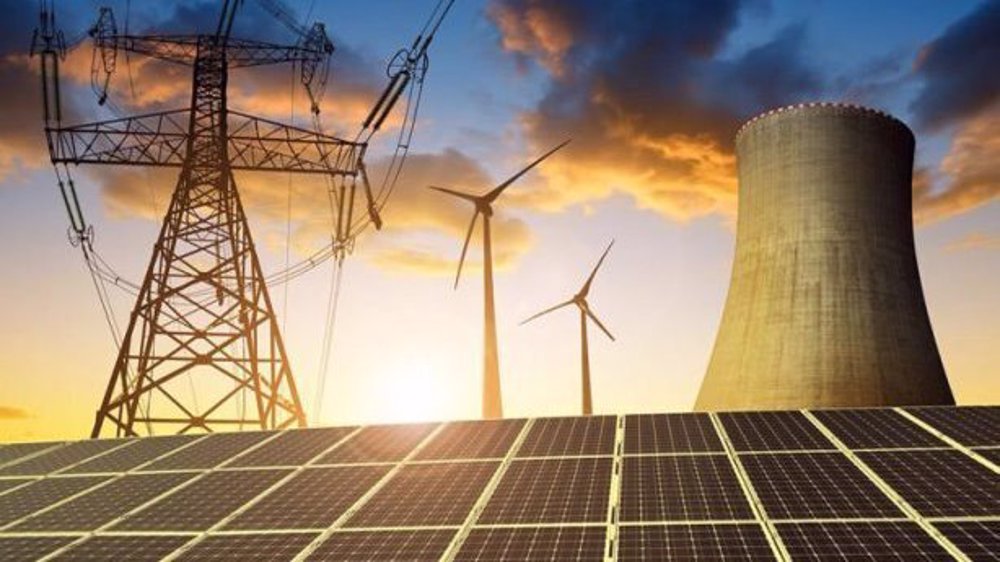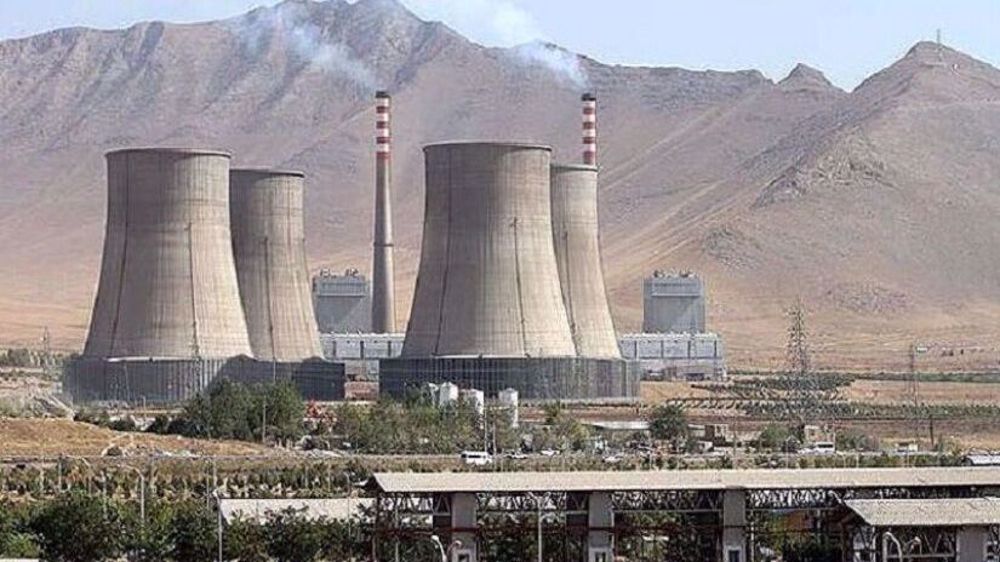Technology transfer, gas industry’s 1st priority: Dep. Min.
Iran's deputy oil minister and managing director of the National Iranian Gas Company says technology transfer is the first priority of Iran's natural gas sector in negotiations with foreign companies.
Hamid Reza Araqi was quoted by Iranian Oil Ministry's official SHANA news agency on Sunday that Iran's gas industry does not want to be a simple buyer of foreign companies’ products, but aims to transfer modern technology at its top priority.
“During all sessions with domestic manufacturers and investors, we have told them that the foreign purchase policy belonged to the past decade and we must now think about acquiring modern technical know-how and technology,” he added.
The official noted that as a result of international sanctions, Iranian companies have been able during past years to take effective and important steps toward manufacturing gas industry equipment and acquiring modern technology will speed up this process.
At the beginning of 2012, the United States and the European Union imposed sanctions against various Iranian economic sectors, including oil and gas, under the pretext that the country’s civilian nuclear program was diverted toward military purposes.
Although sanctions were originally aimed at curtailing Iran's access to global markets and modern technology, they galvanized domestic specialists and technicians, especially in energy sector, into action as a result of which the country moved toward self-sufficiency in various fields, including manufacturing necessary equipment for domestic oil and gas industry.
“When dealing with foreign companies we must act in such a way as to gain the trust of customers and no oversight is acceptable in this regard,” he added.

Araqi also stated that as the owner of the world’s biggest gas reserves, Iran is considering various scenarios to export more gas and show more effective presence in global gas trade.
During recent years, Iran has been taking major steps to boost production and export of natural gas by increasing foreign and domestic investment, especially in its South Pars offshore gas field.
South Pars gas field covers an area of 9,700 square kilometers, 3,700 square kilometers of which are in Iran’s territorial waters in the Persian Gulf. The remaining 6,000 square kilometers are situated in Qatar’s territorial waters.
The field is estimated to contain a significant amount of natural gas, accounting for about eight percent of the world’s reserves, and approximately 18 billion barrels of condensate.
‘All wars have rules. All of those rules have been broken’ by Israel
VIDEO | Report flags India’s violation of rights of Rohingya detainees
Turkey's foreign minister meets Syria's de facto leader in Damascus
'Next to impossible' to rescue patients from Gaza's Kamal Adwan Hospital: Director
VIDEO | Vietnam current prosperity
Report blames gasoil exports for shortage at Iranian power plants
VIDEO | Hind Rajab Foundation names Israeli war criminals vacationing after Gaza genocide
VIDEO | Australians rally for Gaza ahead of Christmas festivities










 This makes it easy to access the Press TV website
This makes it easy to access the Press TV website